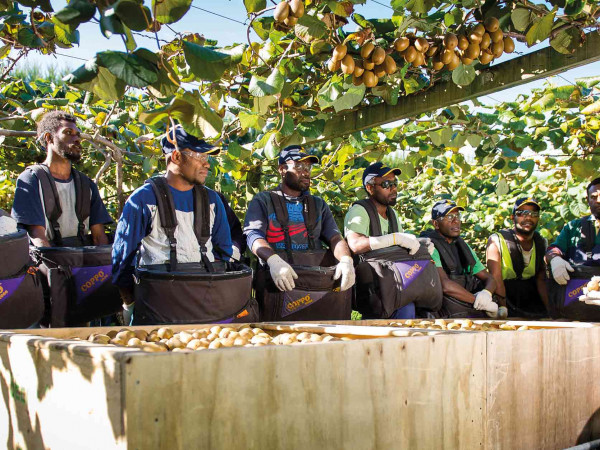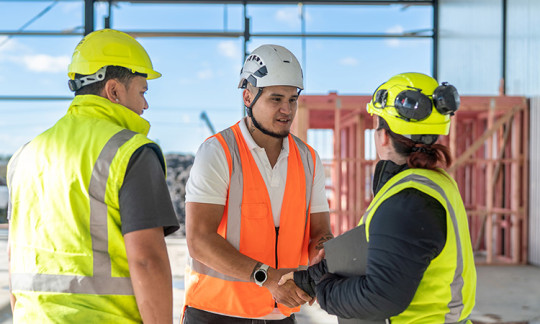The WorkSafe website will be unavailable on Tuesday 16 September from 12pm–5pm due to planned maintenance.
Our other online services, including the online services portal(external link) and Energy Safety portal(external link), will remain available.
To notify us of an injury, illness or incident at work, visit our online services portal(external link). For urgent notifications, please call us on 0800 030 040. For general or non-urgent enquiries, email us at info@worksafe.govt.nz.


